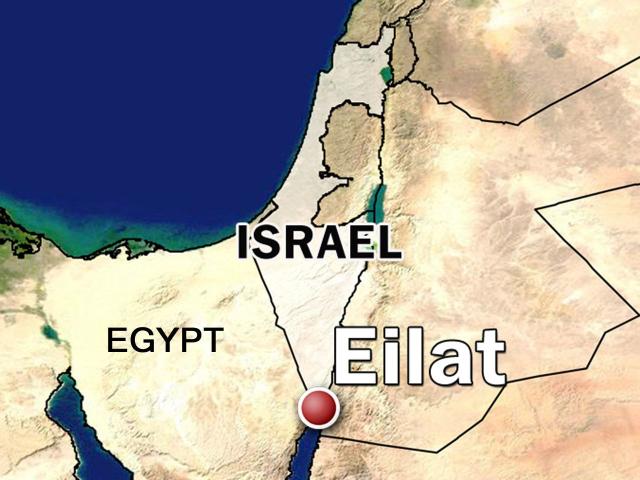Eilat, a jewel in Israel's crown, located at the southernmost tip, is famed for its crystal-clear waters of the Gulf of Aqaba and the majestic mountains that frame its landscape. This city has traditionally been a pulsating heart of Israel's tourism sector, drawing visitors from around the globe to its vibrant coral reefs, sun-soaked beaches, and a plethora of leisure activities. However, the serene life and bustling tourist scene in Eilat faced an unprecedented challenge in October, following a devastating attack by Hamas militants on Israel, which resulted in the tragic loss of approximately 1,200 lives, as reported by the Israeli government. The aftermath saw a significant downturn in tourism, with vacationers leaving in droves and numerous airlines halting flights to the nation, though some international carriers have since resumed service.
The ripple effects of the conflict extended beyond the immediate horror, severely impacting Israel's economy, particularly the travel industry. In the wake of the attacks on October 7, the Israeli government undertook a massive evacuation effort, relocating many citizens from areas adjacent to the Gaza and Lebanon borders. Eilat's population swelled to double its size, reaching 60,000 as the city welcomed Israeli evacuees, transforming from a tourist hub to a sanctuary for those displaced by the conflict. The government has taken significant measures to provide for these individuals, covering expenses related to housing, food, and education for the children of these families.
Israeli media Yedioth Ahronot: The number of tourists entering the Israel has dropped by 80% amid the war in Gaza.
— S p r i n t e r (@Sprinter99800) January 9, 2024
Among the evacuees is Michal Rahav, formerly of Kibbutz Nirim, located perilously close to the Gaza border. The kibbutz faced direct aggression from Hamas, with Rahav recounting the harrowing ordeal of militants invading her home. Despite the destruction and fear, Rahav and her family found solace in Eilat, describing the city as a "cocoon" that aided in their emotional recovery. Her story, alongside many others, highlights the resilience and solidarity among Israelis in times of crisis.
The war's impact on Eilat's economy is stark. The once-thriving tourist destinations, bustling streets, and businesses now confront an uncertain future. Shmulik Zino, a veteran tour boat operator, and Samy Azulay, who runs a water sports rental service, epitomize the local entrepreneurs facing dire financial strains due to the tourism standstill. Their testimonies shed light on the broader economic challenges Eilat and its residents are grappling with.
Eilat's economy suffers as it transforms from a tourism resort to a haven for evacuees, with credit card payments 30% lower than last year. More at https://t.co/F50vpkGUme
— Israel Headline News (@IsraelHeadline) January 2, 2024
In response, the Israeli government has launched an aid initiative, committing 50 million shekels to support Eilat's businesses and stimulate the local economy. Efforts include marketing campaigns designed to attract domestic tourists by emphasizing the unprecedented low prices for flights and accommodations, reminiscent of the 1990s. This strategy carefully avoids framing these getaways as vacations, mindful of the national mood and the widespread personal connections to the conflict.
The community spirit in Eilat is palpable, with business leaders and residents alike adapting to their new reality while holding onto hope for a future where the city can once again thrive as a premier tourist destination. As displaced Israelis begin to find new or return to their previous homes, the path to recovery is becoming visible, though challenges remain.
The Cradle, [Dec 30, 2023 at 8:51 AM]
— Khanem 🧕🏻💖🇵🇸🇾🇪 (@Rally4Gaza) December 31, 2023
For the first time in history, the Port of Eilat:
"There is no tourism in Eilat, and no one has the desire to come here," said Lancry, explaining that the threat now is no longer just a matter of security, but also economy. pic.twitter.com/mwFpQXiau6
The resilience of Eilat and its people, against the backdrop of national adversity, serves as a testament to Israel's enduring spirit. As the nation continues to navigate the complexities of the post-war recovery, the stories of individuals and communities like those in Eilat will undoubtedly play a crucial role in shaping the narrative of resilience, recovery, and hope for the future.


